Untangling the Matrix: An Insightful Journey into the Simulation Theory that Puzzles Scientists
The concept of living in a simulated reality has been a staple of science fiction for decades, famously explored in movies like "The Matrix". But in recent years, this idea has moved from the realm of fiction to a serious hypothesis considered by physicists, cosmologists, and philosophers. The Simulation Theory suggests that our reality could be a sophisticated simulation, created by a higher intelligence. This article will delve into the intricacies of this theory, its implications, and the scientific evidence that supports or refutes it.
What is Simulation Theory?

Simulation Theory proposes the idea that our reality, as we perceive it, is not real. Instead, it's a highly advanced computer simulation created by future generations or a superior alien civilization. This section explores the origins of this theory, its main proponents, and its basic premises.
The Philosophical Roots

Long before the advent of modern technology, philosophers pondered the nature of reality. This section delves into philosophical concepts like Plato's Allegory of the Cave and Descartes' Evil Demon hypothesis, which laid the groundwork for the Simulation Theory.
The Technological Possibility

Could we create a simulation indistinguishable from reality? This section explores the current state of virtual reality and artificial intelligence technology, and the potential for future advancements that could make the Simulation Theory plausible.
The Bostrom Argument

Nick Bostrom, a philosopher from Oxford University, presented a compelling argument that we are likely living in a simulation. This section breaks down Bostrom's trilemma and its implications.
The Evidence
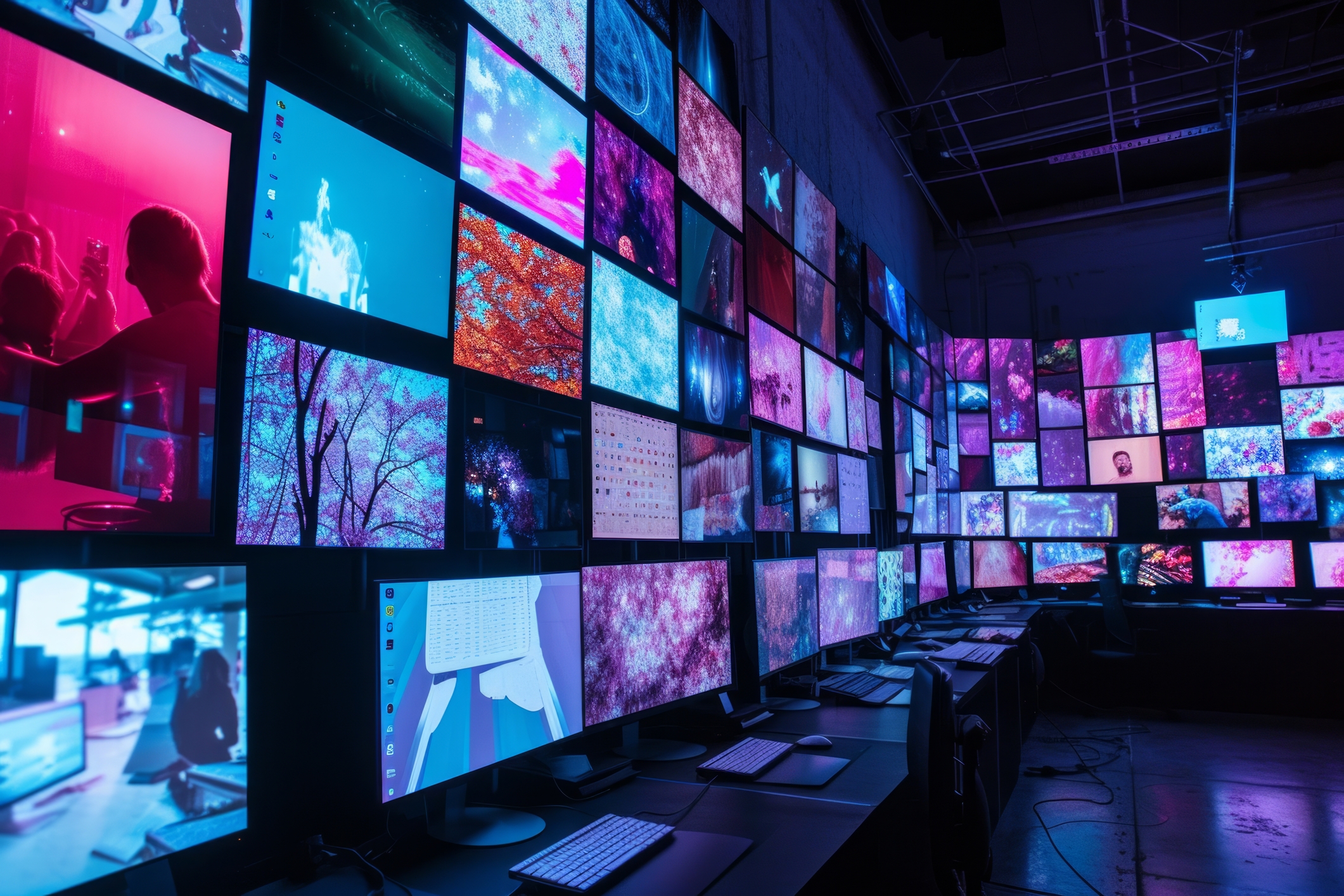
Are there any signs that we are living in a simulation? This section investigates the scientific evidence that could potentially support the Simulation Theory, including the Planck length, quantum entanglement, and the Fermi Paradox.
The Skeptic's View
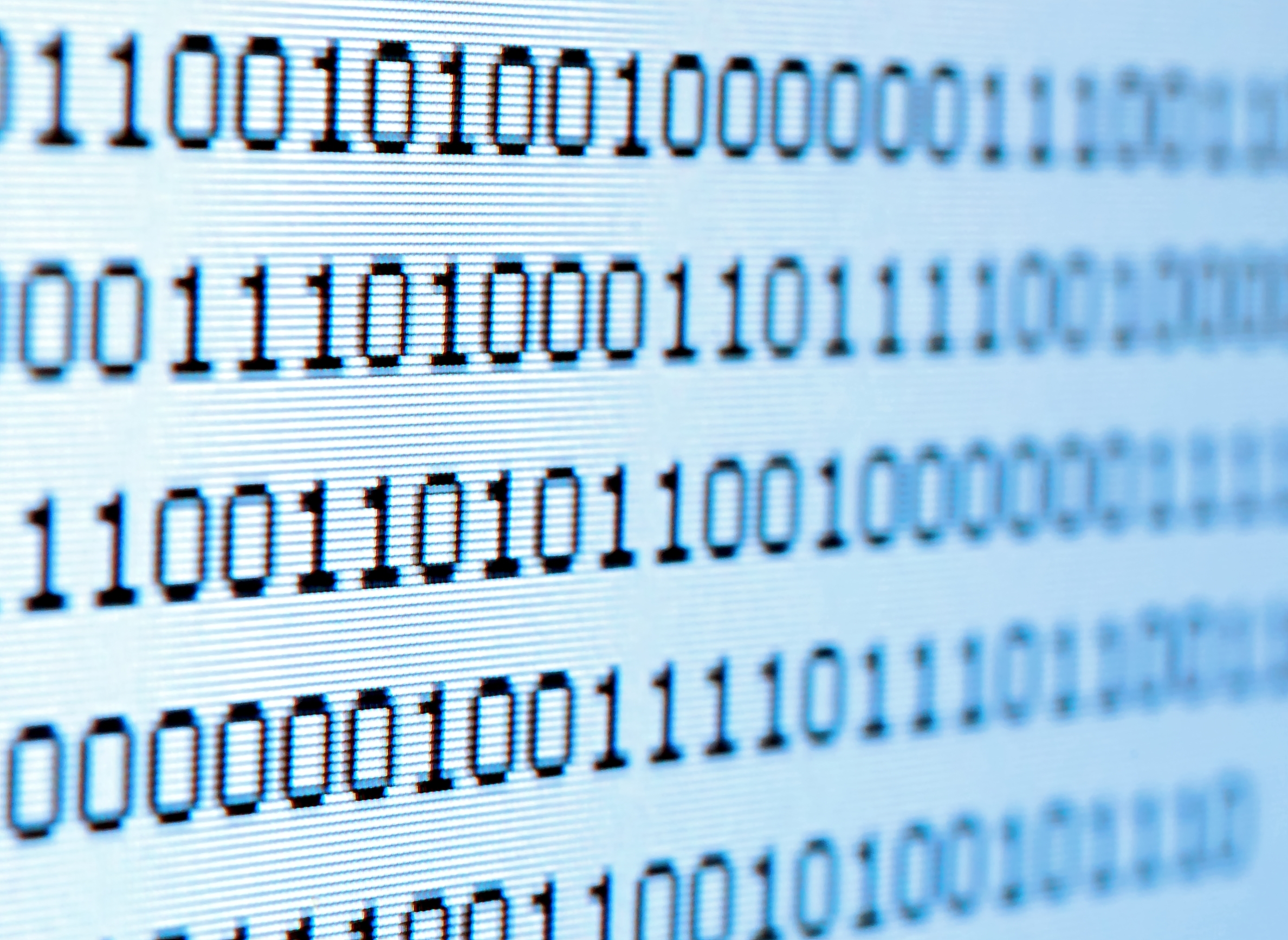
Not everyone is convinced by the Simulation Theory. This section presents the counterarguments, including the lack of concrete evidence and the technological limitations of creating a universe-scale simulation.
The Ethical Implications

If we are living in a simulation, what does that mean for our understanding of morality and ethics? This section explores the potential ethical implications of the Simulation Theory.
Simulation Theory and Religion

The Simulation Theory has been compared to religious beliefs about creation and the nature of reality. This section examines the parallels and differences between these perspectives.
The Observer Effect

One of the most puzzling aspects of quantum physics is the observer effect, where the act of observation changes the outcome of an event. This section explores how this phenomenon might fit within the Simulation Theory.
The Holographic Principle

The holographic principle suggests that our 3D universe might be a projection from a 2D boundary. This section delves into this concept and its potential connection to the Simulation Theory.
The Information Theory Perspective
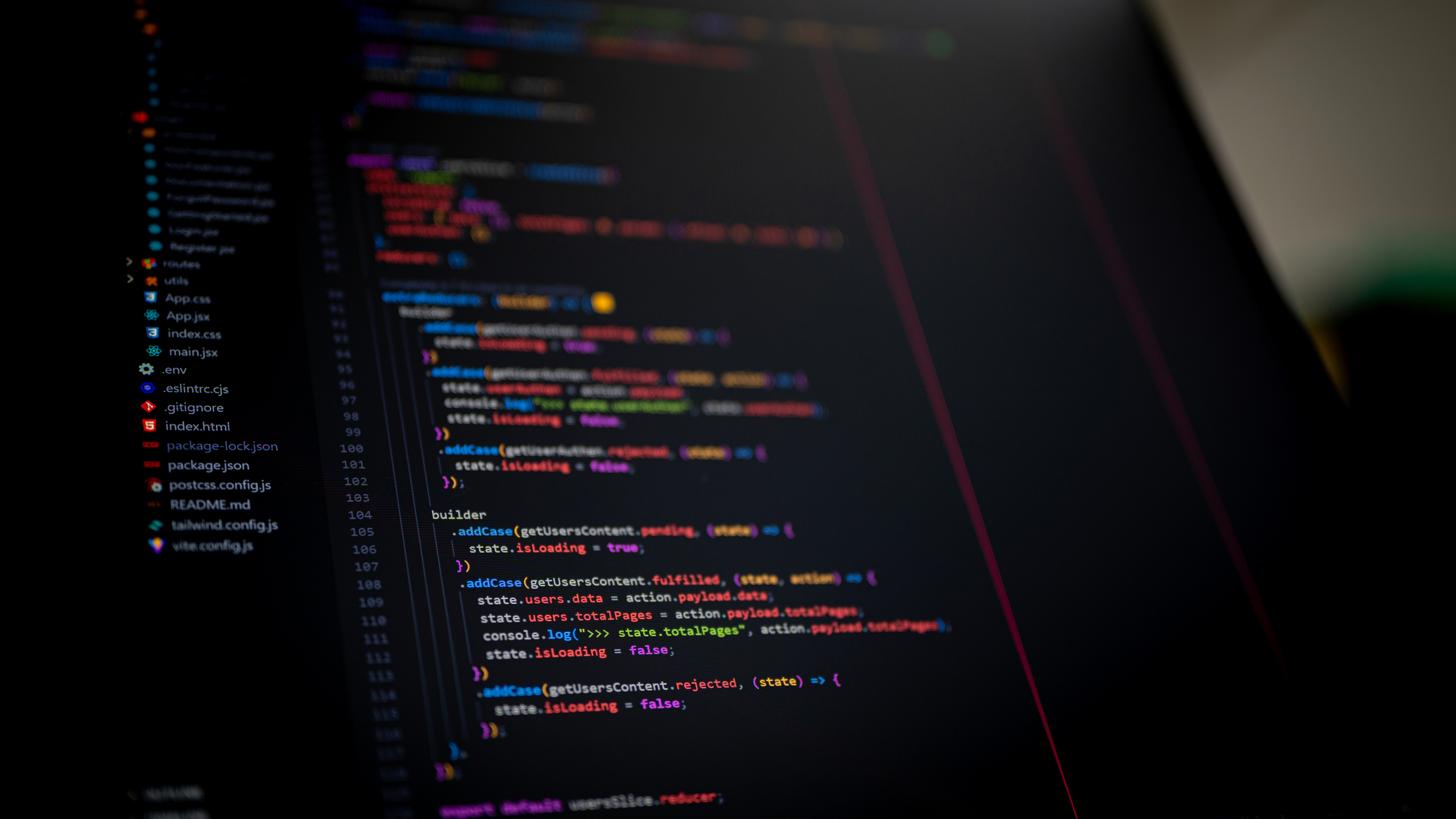
From the perspective of information theory, the universe can be seen as a giant computer processing information. This section explores this viewpoint and its implications for the Simulation Theory.
The Role of Consciousness
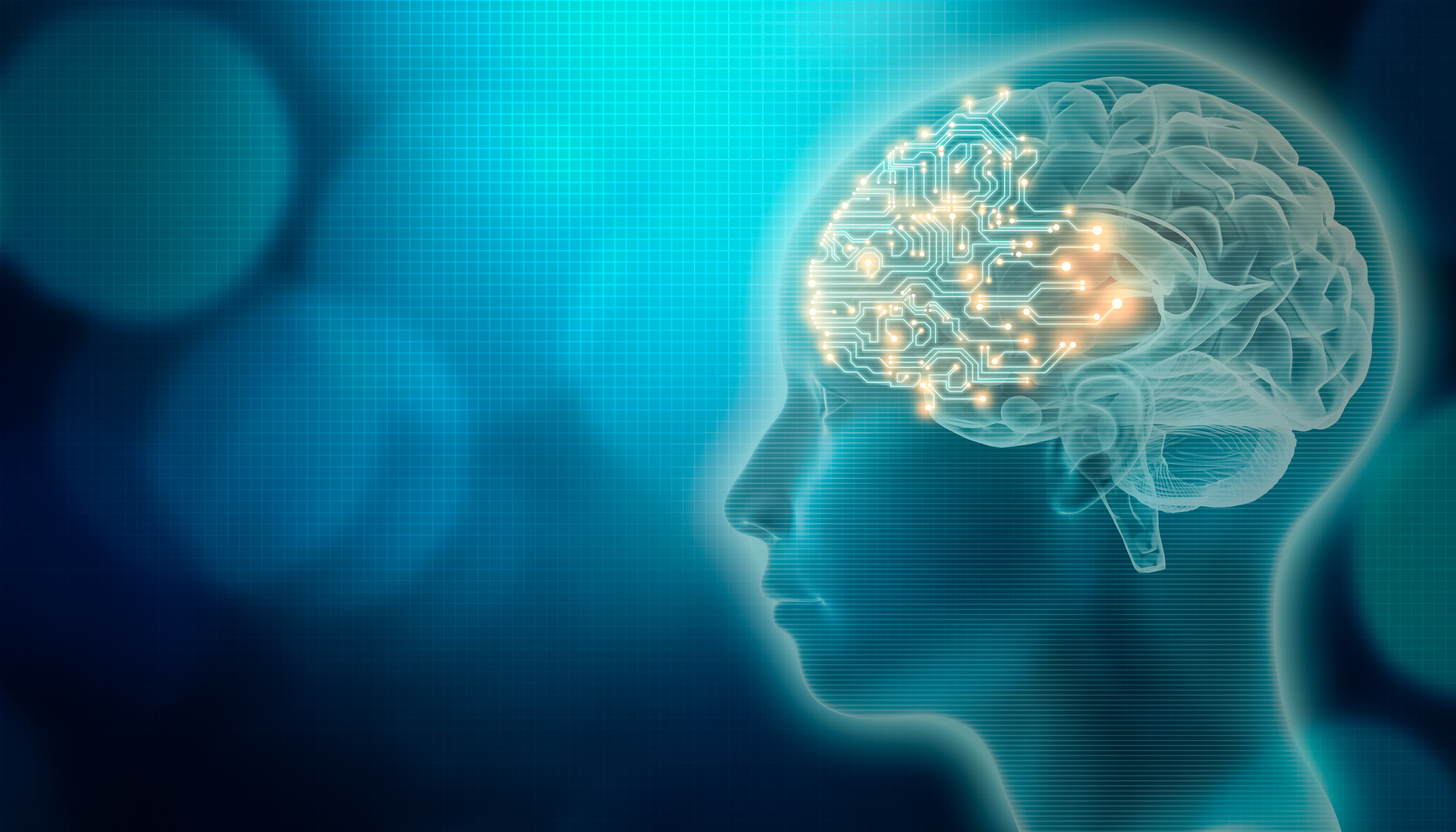
What role does consciousness play in the Simulation Theory? This section delves into the mysteries of consciousness and how it might fit within a simulated reality.
The Technological Singularity

The technological singularity is a hypothetical point in the future when artificial intelligence surpasses human intelligence. This section discusses the singularity and its potential role in creating a simulated universe.
The Multiverse Theory

The multiverse theory suggests that there are countless other universes besides our own. This section explores the potential connection between the multiverse theory and the Simulation Theory.
The Quantum Computer Perspective

Quantum computers could potentially simulate complex systems that are impossible for classical computers. This section discusses the potential role of quantum computing in the Simulation Theory.
The Existential Implications
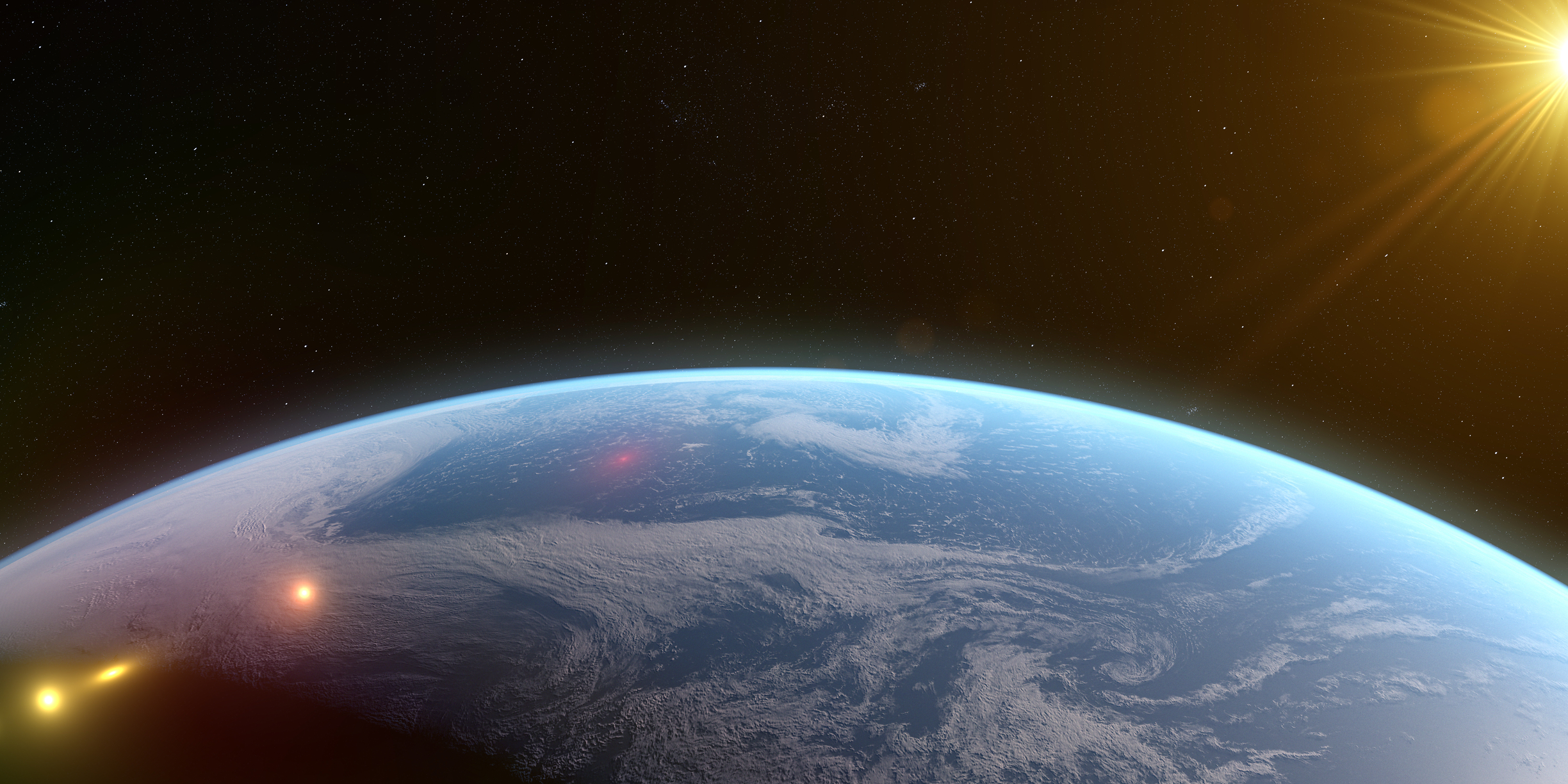
If we are living in a simulation, what does that mean for our existence? This section explores the existential implications of the Simulation Theory.
The Future of Simulation Theory

Where is the Simulation Theory heading? This section looks at the future of this theory, including potential scientific breakthroughs that could provide more evidence.
The Simulation Theory is a fascinating concept that challenges our understanding of reality. Whether it's true or not, it's a thought-provoking idea that encourages us to question our perceptions and explore the mysteries of the universe. This section wraps up the discussion and presents the final thoughts on this intriguing journey into the Simulation Theory.







